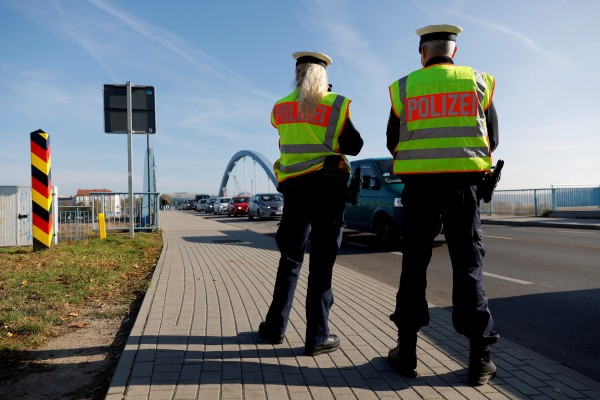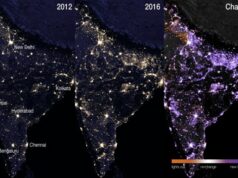Poland’s Prime Minister Donald Tusk criticised a decision by Germany to tighten controls on its land borders Tuesday, and called for urgent consultations with other affected countries.
Relations between Poland and Germany have become warmer since Tusk’s pro-European coalition came to power in December, but there is exasperation in Warsaw over Berlin’s reluctance to commit to joint European Union financing for defence and strengthening the bloc’s eastern border.
Poland has been facing what it says is a migrant crisis orchestrated by Belarus and Russia on its eastern border since 2021.
#Poland will consult #EU allies over Germany’s “unacceptable“ tightening of border controls, says Polish PM @donaldtusk.https://t.co/vnfUuu99Js
— TVP World (@TVPWorld_com) September 10, 2024
With Germany seeking to toughen its stance on immigration following a surge in arrivals, Berlin on Monday announced plans to impose tighter controls at all of the country’s land borders, which would normally be part of the Schengen free-movement zone, for six months starting on September 16.
“Such actions are unacceptable from the Polish point of view,” Tusk told a meeting of Polish ambassadors in Warsaw. “Today we need full support from Germany and the entire EU when it comes to help in organising, financing, arming the eastern border, also in the context of illegal migration.”
He said that what Poland needed was not tighter controls on its border with Germany, but more engagement from Berlin and others in securing the EU’s external border.
“In the coming hours we will contact other countries affected by Berlin’s decisions for urgent consultations on action on the EU level,” he said.
Tusk said that the decision was a reaction to failed German policies on immigration from the past, not to failures from Poland’s side.
Recent deadly knife attacks in Germany in which the suspects were asylum seekers have stoked concerns over immigration.
The Islamic State group claimed responsibility for a knife attack in the western city of Solingen that killed three people in August.
Germany’s AfD earlier this month became the first far-right party since World War Two to win a state election, in Thuringia, after campaigning heavily on the issue of migration.
(REUTERS)
In a career spanning three decades and counting, Ramananda (Ram to his friends) has been the foreign editor of The Telegraph, Outlook Magazine and the New Indian Express. He helped set up rediff.com’s editorial operations in San Jose and New York, helmed sify.com, and was the founder editor of India.com.
His work has featured in national and international publications like the Al Jazeera Centre for Studies, Global Times and Ashahi Shimbun. But his one constant over all these years, he says, has been the attempt to understand rising India’s place in the world.
He can rustle up a mean salad, his oil-less pepper chicken is to die for, and all it takes is some beer and rhythm and blues to rock his soul.
Talk to him about foreign and strategic affairs, media, South Asia, China, and of course India.





